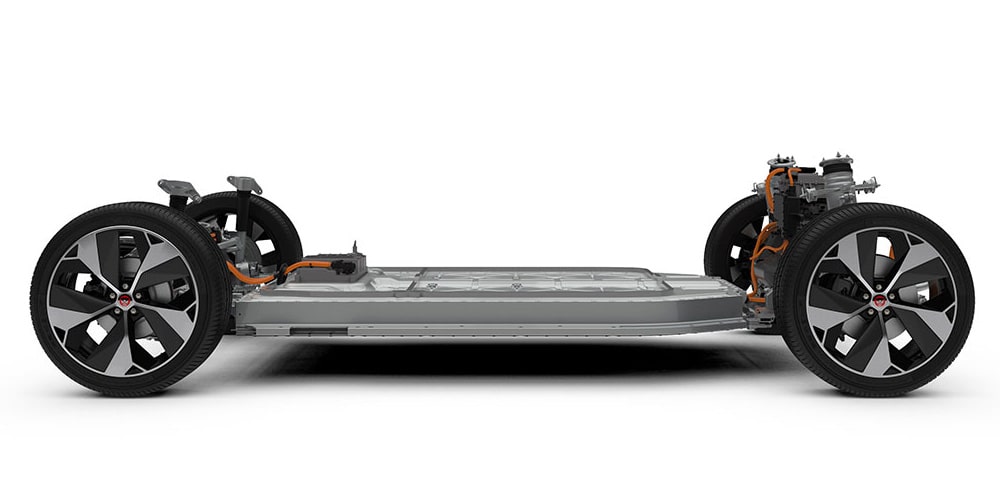Jaguar Land Rover (JLR) has recently announced its partnership with Agratas, an Indian battery company, to provide battery cells for its upcoming electric vehicle (EV) lineup. This collaboration comes as JLR aims to expand its electric offerings and transition towards a sustainable future.
Agratas, a subsidiary of JLR’s parent company Tata, will be responsible for the design and production of the battery cells, while JLR will focus on the design and production of the battery packs. The batteries are expected to offer a remarkable capacity of 120 kWh, enabling JLR’s electric cars based on the upcoming 800-volt all-electric platform EMA to achieve an impressive range of up to 450 miles (724 kilometers).
The partnership between JLR and Agratas is not limited to the production of battery cells; they also have plans to collaborate on a recycling solution for the batteries. This commitment reflects their shared vision of ensuring sustainability across the entire value chain of electric mobility, emphasizing the responsible disposal and repurposing of battery components.
Currently, JLR’s electric vehicle lineup is represented by the Jaguar I-Pace. However, the company has ambitious plans to introduce two electric Range Rovers and another Jaguar model by 2025. Notably, Jaguar aims to transition into an exclusively electric car brand by that same year. To achieve this goal, JLR is developing its own dedicated Battery Electric Vehicle (BEV) platform, further emphasizing its commitment to electrification.
As part of this transition, JLR has decided to discontinue the development of hybrid vehicles, including models like the F-Pace PHEV, which received an update in December. While JLR is determined to achieve its vision of becoming an all-electric brand, the feasibility of this goal remains a subject of discussion due to the current range limitations and infrastructure challenges.
With its reliance on Agratas for battery cells and a strategic focus on recycling solutions, JLR is taking significant steps towards realizing its electrification ambitions. As the automotive industry continues to embrace sustainable practices, partnerships like this exemplify the collaborative efforts required to drive the transition towards cleaner, greener transportation.
